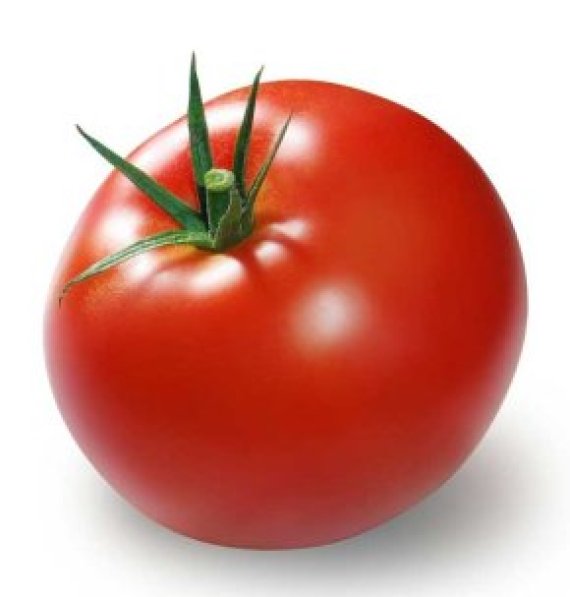How much do we export in vegetables to Russia?
‘‘Last year, the value of our fruit and vegetable exports to Russia was about 400 million euros. But you shouldn’t look at those export figures to determine the losses because we assume the growers will respond to the boycott by looking for different markets (although that isn’t easy) and cutting back on supplies.’
So how do you work out the losses for the farmers?
‘You need to look at the price effect. Prices for fruit and vegetables in the European market have collapsed because of the boycott. Tomato prices initially fell by 70 percent, although they have recovered a bit now. We assume prices will stay low for the next few months. Based on this, we estimate that the loss to farmers will be 440 million euros by the end of the year.’
But I’ve read that the price of some vegetables is almost back to previous levels.
‘Yes, that can be confusing. The Dutch growers had an excellent harvest in July thanks to the good summer. That reduced prices but they were expected to go up again. Instead they have dropped further. Without the boycott, prices would be higher.’
Why is the effect on prices so substantial? Exports to Russia are only a small part of total sales.
‘Because there is a fundamental problem in the fruit and vegetable sector: there is excess capacity, supply exceeds demand and prices were already low. Meat and dairy products have also been boycotted but there’s no excess capacity so we don’t expect a price effect in the European market.’

